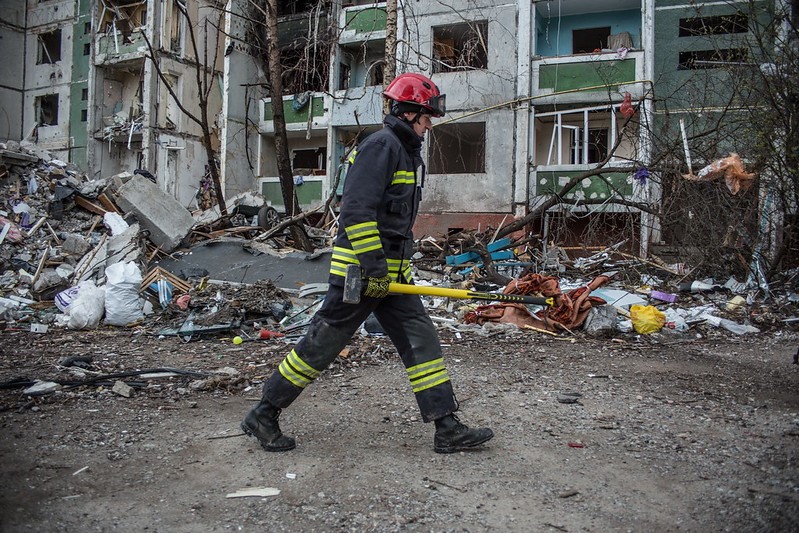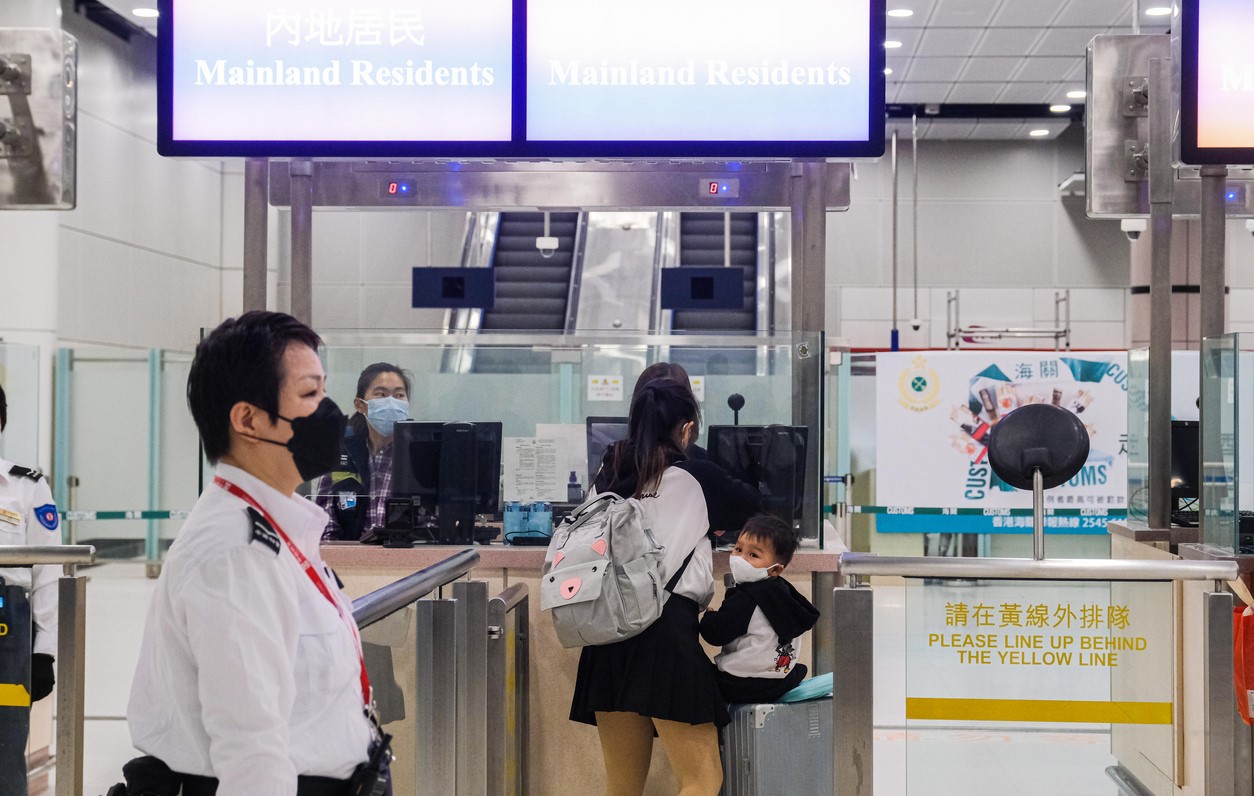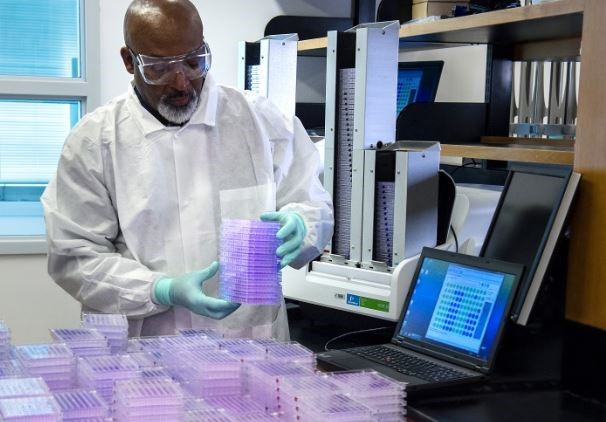
The World Health Organization (WHO) said this week that its Country Office in Ukraine has donated antimicrobial resistance (AMR) surveillance equipment to laboratories around the country.
The move comes amid an increase in multidrug-resistant (MDR) infections linked to the Russian invasion of Ukraine. Several studies and case reports published in recent months have described MDR infections among soldiers and hospitalized patients in Ukraine since February 2022, when the invasion began. Experts have attributed the rise in MDR infections in part to suboptimal surgical and antibiotic treatment in the often unsterile and low-resource conditions of a war zone.
Neighboring countries that have taken in Ukrainian refugees and hospital patients have also reported seeing an increase in MDR organisms (MDROs). In March, the European Centre for Disease Prevention and Control recommended that hospitals screen for MDROs in patients transferred from Ukrainian hospitals or with a history of hospital admission in Ukraine.
Technical assistance also offered
The WHO says the AMR surveillance equipment was donated primarily to labs in regions close to the frontline and will help increase the speed and accuracy of microbial identification. The agency has also offered to visit microbiologic laboratories and provide onsite technical assistance upon request.
"AMR is one of the top public health threats globally, as it hinders effective prevention and treatment of infections, Jarno Habicht, MD, PhD, WHO Representative in Ukraine, said in a news release. "WHO developed the Global Action Plan on AMR in 2015, and will continue to provide material resources and learning opportunities to help healthcare workers combat AMR and protect the lives and health of their patients."
 The risk of death from SARS-CoV-2 Omicron infection was four times higher than that from influenza in late 2022 and early 2023 in France, a Harvard Medical School researcher
The risk of death from SARS-CoV-2 Omicron infection was four times higher than that from influenza in late 2022 and early 2023 in France, a Harvard Medical School researcher  In JAMA Network Open,
In JAMA Network Open, 













